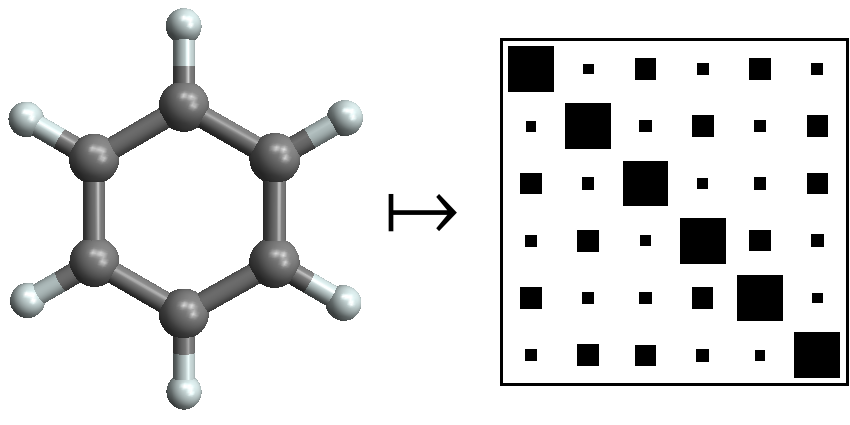|
Welcome Arrival Contact |
ScopeAn approach to significantly speed up atomic and molecular calculations is to combine quantum mechanics (QM) with machine learning (ML). Such hybrid QM/ML models use ML to interpolate between QM reference calculations, based on the observation that running the same calculation on similar inputs implies some form of redundancy that can be exploited. A crucial question is how to numerically represent a system as input for the ML algorithms. Despite recent progress, understanding of what makes a representation well suited for QM/ML models is still incomplete, in particular when comparing different systems. Various representations have been proposed, but systematic, constructive development based on theoretical understanding is still lacking. The workshop brings together the leading researchers on representations for models that combine quantum chemistry with machine learning, with the specific aim of addressing the following questions:
The workshop will contribute to a better theoretical foundation for research on representations for QM/ML models and provide the ideas necessary for developing improved representations.  TYPE OF CONFERENCEInstead of formal presentations, the workshop focuses on discussions. In particular, we plan for brief sessions followed by long discussions and practical sessions to immediately test ideas that came up. Datasets will be prepared in advance to facilitate this. Speakers will be asked to prepare short presentations on their specialty area, focusing on key technical aspects, strengths, and limitations of their approach. This focus, though immensely relevant and useful in doing research, is usually absent in conference talks. We aim for 20-30 participants to facilitate active discussions among all participants. ORGANIZERSMatthias Rupp (University of Basel), Alexandre Tkatchenko (FHI Berlin) IMPORTANT DATES:11. May 2015: Workshop begins ACKNOWLEDGMENTS |